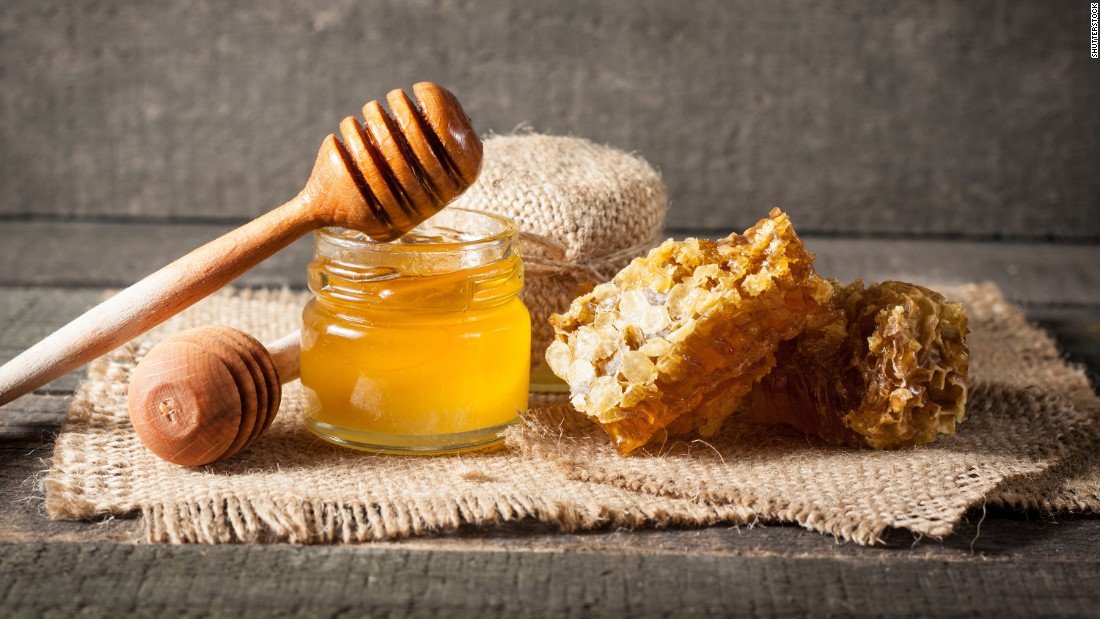Inside BENEO’s new pulse plant: pioneering sustainable protein from faba beans
The health-conscious consumer is looking for ways to improve health through food
India is the second-largest producer and the largest consumer of white sugar in the world. In this festive season no celebration is complete in Indian culture without a sweet. Due to an increase in health concerns and diabetes, there has been a change in consumer food trends. A recent report released states that 83% of consumers globally attempt to eat and drink healthier due to COVID 19. In the new normal people are looking for healthier options and are watching their waistline, digestive health, overall immunity and mental wellbeing.
The health-conscious consumer is looking for ways to improve health through food and is looking for alternatives to substitute white sugar in their traditional sweets, beverages and baked goods. There is also an increased acceptance and demand for natural sweeteners.
The food and beverage industry are catering to changing needs and customer preferences. The natural sugar substitute market revenue is expected to grow at a CAGR from 6.3% from $ 6.35 billion in 2018 to $10.27 billion in 2026. Global companies like Kraft, Coco- Cola, Nestle, Pepsi, McDonald’s and DANONE brands made impressive commitments in 2015 for removing artificial ingredients & Reducing Sugar. Almost 50% of parents prefer less sugar in their kids’ diet (0-17years). There are a lot of options which might be overwhelming when one is looking for a substitute for white sugar. There are differences between artificial and natural sweeteners.
Artificial Sweeteners: These are synthetic sugar substitutes often many times sweeter than real sugar. They are derived from sugar or sugar alcohols. Common artificial sweeteners are Aspartame, Sucralose, Saccharin, Erythritol, Xylitol etc. These are widely used in processed foods such as aerated drinks, boxed juices, candy, jams jellies and dairy products. The use of artificial sweeteners in different foods and beverages are regulated by FSSAI (Food Safety and Standards Authority of India). Natural sweeteners are healthier than processed sugar, however small traces of antioxidants, vitamins and minerals are not a reason to overindulge as these also contain calories.
Common Natural sweeteners are:
Honey
Dates
Coconut sugar
Palm sugar
Jaggery
Maple syrup
Molasses
Agave Nectar
Chicory root fibers
Monk fruit
Stevia
Honey: India is one of the world’s oldest and most prominent honey markets. The demand for honey in India is growing in popularity due to its health benefits as has anti-inflammatory and anti-microbial properties. Honey has been in use for centuries due to its medicinal properties in Indian culture. It is also rich in anti-oxidants and is also a popular home remedy. The honey market is expected to grow at a CAGR of about 10% between 2020 & 2025 at a value of Rs 30.6 billion by 2025.
Date sugar is less processed than other refined sugars and is available in granules, crystal, powder, syrup or liquid forms. Dates contain vitamins and minerals and are also rich in iron and many consumers use date sugar due to a healthy trend and awareness to avoid the empty calories provided by white sugar. Date sugar is also used in bakery products such as cookies and different types of breads and cakes. The date sugar market is also fuelled by high demand for low GI foods and low-calorie tags in food products. The global Date sugar market is expected to grow at 4.2% at a value of $2942 million from 2019 to 2027.
Coconut palm sugar is a healthy sugar produced from the sap of the flower bud stem of the coconut palm. It is a much healthier option as it has a low glycaemic index and less fructose and is a healthy alternative for refined sugar for weight watchers. It is also widely used in the food industry for juices, tea, confectionary and baked goods. It is also popular as an anti-ageing product as it contains essential amino acids which aid in the production of collagen within the skin. With the rise in the growing population of seniors due to increased life expectancy this natural sweetener category is expected to grow at a CAGR of 5% to 6% by 2025.
Palm sugar is a sweetener that is produced from the sap of the flower buds of palm trees. It contains antioxidants, flavonoids and polyphenols. It is available in blocks, granules and liquids. The increased awareness for sugar substitutes is fueling this market and is projected to grow at a CAGR of 8.6% by 2025.
Jaggery is a non-refined natural sugar and 70% of the total world jaggery production is in India. Ayurveda has used jaggery as a sweetener for more than 3000 years. Jaggery is rich in vitamins and minerals such as iron, phosphorus and magnesium and is also a good source of energy. India is also the leading exporter of jaggery to many countries of the world including Sri Lanka, NIGERIA, Malaysia, Nepal and Tanzania.
The other natural sweeteners such as maple syrup, agave nectar, monk fruit, chicory root fiber and molasses are expected to grow with a CAGR of 5.2% from 2019 to 2026.The direct sales segment of natural sweeteners is expected to gain a maximum market share due to the Natural or Organic tag.
Stevia is a 100% natural and zero-calorie sweeteners and is also the fastest-growing segment. Stevia is used in convenience foods, baked goods, beverages and confectionaries. A popular sugar substitute among diabetics as plant-based sugars has been declared to be safe for use including children. While artificial sweetener market is down by an average of 6.6% stevia market is expected to grow at a robust 11.9% /year. Watch your intake of any sweetener, read the Nutrition label, make an informed choice which suits your health condition and your body.
Sreemathy Venkatraman, Clinical dietitian/Wellness nutritionist, BRAINS Hospital, Bengaluru

